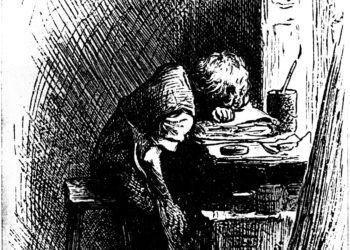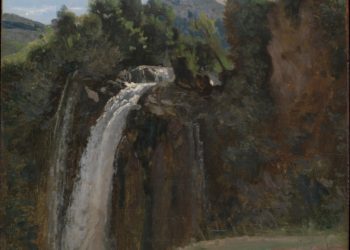With the winter holidays approaching, it’s important to recognize those among us most deserving of celebrations. Yes, that’s right, I’m talking about the copyeditors out there who keep our prose functional. Find here an exploration of exactly where the comma should go in the traditional English Christmas carol (dating back to at least 1760), “God Rest Ye Merry Gentlemen”. Feel free to sing along and “discover how the commas shape the prose.”
Discussion
11 Thoughts on "A Copyediting Carol"
Wonderful! Thanks so much for this discovery David
Thank you, David, this made my rainy Oregon morning brighter.
Thanks, David!
This is wonderful! Have forwarded many times! Thanks! Katina Strauch
Absolutely loved this!! Now….will this make people think about punctuation – and spelling – and sentence structure and………..?
I fear not… not even the famous “the panda is a type of bear that eats shoots and leaves” makes people be more careful with punctuation… 😉
🤣🤣🤣
Thanks David, nice beats!
That is absolutely wonderful!
It does occur to me that I’m not sure it really covers *all* the comma possibilities: a comma after “rest” works too, if “God” is understood to here be an archaic way of spelling the word “good” — which makes the meaning just “sleep well, you happy guys.” So could we be bidding a fond goodnight to those partying Joes who are staying later than we ourselves chose? 🙂
Laughing and forwarding, forwarding, forwarding! 🎄
Thanks, I needed that.


